Product Consultation
Your email address will not be published. Required fields are marked *
Nylon multifilament yarn is a synthetic fiber commonly used in a variety of industries, including textiles, fishing nets, automotive, and industrial applications. Known for its strength, flexibility, and resistance to abrasion, nylon multifilament yarn plays a critical role in the production of products that require durability and performance over time. To ensure the long-term reliability of nylon multifilament yarn, it is essential to test its durability under various conditions. This article explores different methods for testing the durability and long-term performance of nylon multifilament yarn, considering factors such as wear resistance, tensile strength, and environmental effects.
Nylon multifilament yarn is made by combining multiple nylon filaments into a single strand. These filaments are typically extruded from nylon resin, which is then spun into fibers. The result is a strong, flexible yarn that is well-suited for a variety of uses, including textiles like clothing and upholstery, as well as functional applications such as ropes, fishing lines, and industrial materials. The strength and versatility of nylon multifilament yarn make it a popular choice, but understanding how it performs over time under various conditions is critical for ensuring its effectiveness and longevity.
The durability of nylon multifilament yarn depends on several factors, including the quality of the raw material, the manufacturing process, and the environmental conditions in which it is used. Key factors affecting the durability and long-term performance of the yarn include:
Various tests can be performed to evaluate the durability and long-term performance of nylon multifilament yarn. These tests simulate different conditions that the yarn may be exposed to in real-world applications. Below are the common testing methods used to assess the durability and performance of nylon multifilament yarn:
Tensile strength refers to the maximum force a material can withstand while being stretched or pulled before breaking. Testing the tensile strength of nylon multifilament yarn is one of the primary methods used to evaluate its durability. A yarn sample is typically subjected to a pulling force until it breaks, and the amount of force required is recorded as the tensile strength. This test provides valuable insights into how the yarn will perform under tension, which is important for applications like ropes, nets, and textiles. Tensile strength can be measured using a universal testing machine, which applies a controlled load to the yarn and measures the force until failure.
Abrasion resistance is the ability of nylon multifilament yarn to resist wear and tear caused by rubbing against other surfaces. This property is particularly important for products that are subjected to constant friction, such as ropes or fabrics in heavy use. The abrasion resistance test typically involves exposing the yarn to controlled friction using an abrasion tester. The tester moves the yarn against a rough surface, and the number of cycles it takes for the yarn to show signs of wear or breakage is recorded. Higher abrasion resistance indicates better long-term durability and resistance to wear.
Ultraviolet (UV) radiation from the sun can degrade nylon fibers over time, causing them to lose strength and flexibility. The UV resistance test evaluates the ability of nylon multifilament yarn to withstand prolonged exposure to UV light. In this test, the yarn is exposed to a UV light source that simulates sunlight, and the yarn is periodically inspected for signs of degradation such as discoloration, brittleness, or breakage. The results of this test are particularly important for outdoor applications like fishing nets, ropes, and textiles, where exposure to sunlight is inevitable. Some yarns may be treated with UV stabilizers to enhance their resistance to UV degradation.
Since nylon is hygroscopic, it absorbs moisture from the environment, which can affect its physical properties such as strength and elasticity. The moisture absorption test involves immersing nylon multifilament yarn in water for a specified period, then measuring the changes in the yarn’s properties, such as its weight, tensile strength, and elongation. This test helps determine how the yarn will perform in humid or wet environments, which is essential for applications in industries like marine, automotive, and outdoor gear. Excessive moisture absorption can weaken the yarn and lead to faster wear or failure under load.
Fatigue testing evaluates how nylon multifilament yarn performs under repeated cyclic loading, which is common in many real-world applications. This test involves subjecting the yarn to repeated cycles of stretching, bending, or twisting. Over time, this repetitive stress can lead to the gradual failure of the material, even if it does not break immediately under a single load. Fatigue resistance is important for products like ropes, cables, or fabrics that experience frequent motion or tension. The number of cycles it takes for the yarn to show signs of damage, such as fraying or breaking, is recorded during the test.
Thermal stability refers to the ability of nylon multifilament yarn to maintain its properties when exposed to heat. This test involves subjecting the yarn to high temperatures and measuring any changes in its strength, elasticity, or dimensional stability. Nylon has a melting point of around 250°C, but its properties can degrade at lower temperatures, especially under prolonged exposure. The thermal stability test helps evaluate how the yarn will perform in environments where high temperatures are common, such as automotive or industrial applications.
In addition to laboratory tests, real-world performance under extreme conditions is crucial for evaluating the long-term durability of nylon multifilament yarn. This includes assessing the yarn’s ability to perform in harsh environments such as marine, industrial, or outdoor settings. Extreme conditions may involve high humidity, salty water, exposure to chemicals, or temperature fluctuations. Testing the yarn in these conditions can provide valuable insights into how it will hold up over time and whether it requires additional treatments, such as coating or chemical additives, to improve its resistance to environmental factors.
To ensure a comprehensive understanding of the durability and long-term performance of nylon multifilament yarn, it is essential to conduct multiple tests that simulate different conditions. For example, a combination of tensile strength tests, abrasion resistance tests, UV exposure tests, and fatigue testing can provide a clear picture of how the yarn will perform in various environments. In many cases, manufacturers may also perform accelerated aging tests to simulate years of wear in a shorter period. These tests help determine the lifespan of the yarn in specific applications, allowing for the development of more durable and reliable products.
| Test Type | What It Measures | Applications |
|---|---|---|
| Tensile Strength Test | Maximum force the yarn can withstand before breaking | Ropes, fishing lines, textiles |
| Abrasion Resistance Test | Resistance to wear and tear from friction | Heavy-use fabrics, ropes, industrial applications |
| UV Resistance Test | Ability to withstand UV degradation from sunlight | Outdoor textiles, ropes, fishing nets |
| Moisture Absorption Test | Ability to absorb moisture and its effect on properties | Marine, automotive, outdoor gear |
| Fatigue Testing | Performance under repeated stress and bending | Ropes, cables, textiles subjected to movement |
| Thermal Stability Test | Ability to maintain properties under high temperatures | Automotive, industrial, outdoor applications |
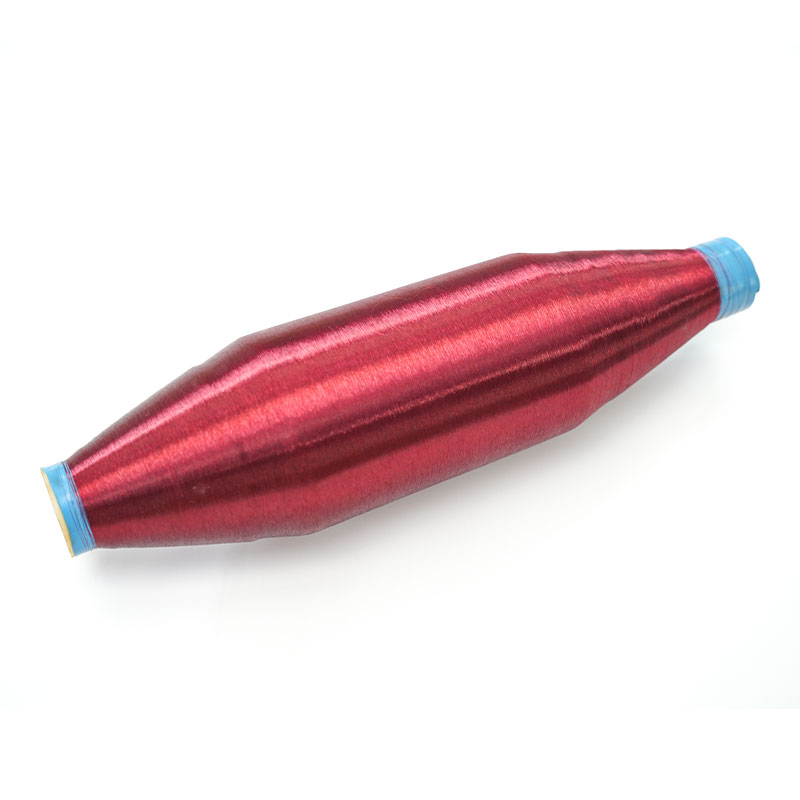
How fast does biodegradable yarn degrade under different environmental conditions?
2025-11-05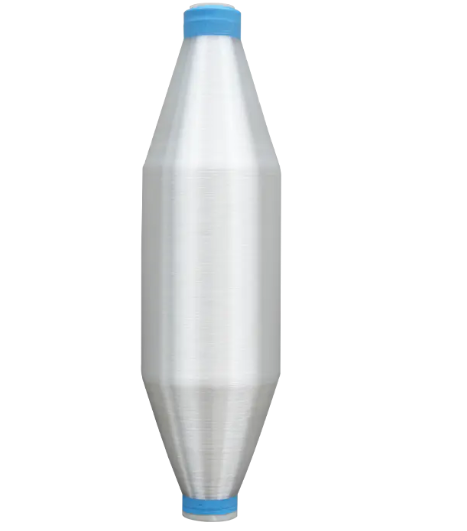
Does antiviral yarn affect the softness, breathability, or comfort of fabrics?
2025-11-19Your email address will not be published. Required fields are marked *
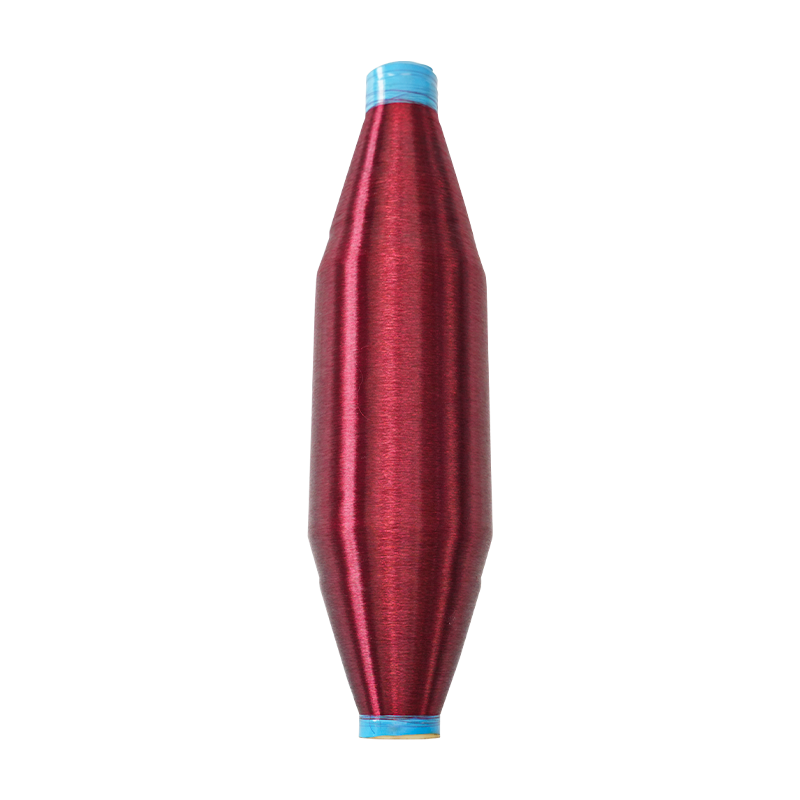
Biodegradable nylon yarn biodegrades faster in the environment than traditional synthetic fibers, helping to reduce negative environmental impacts. It also has the properties of nylon fiber, such as h...
See Details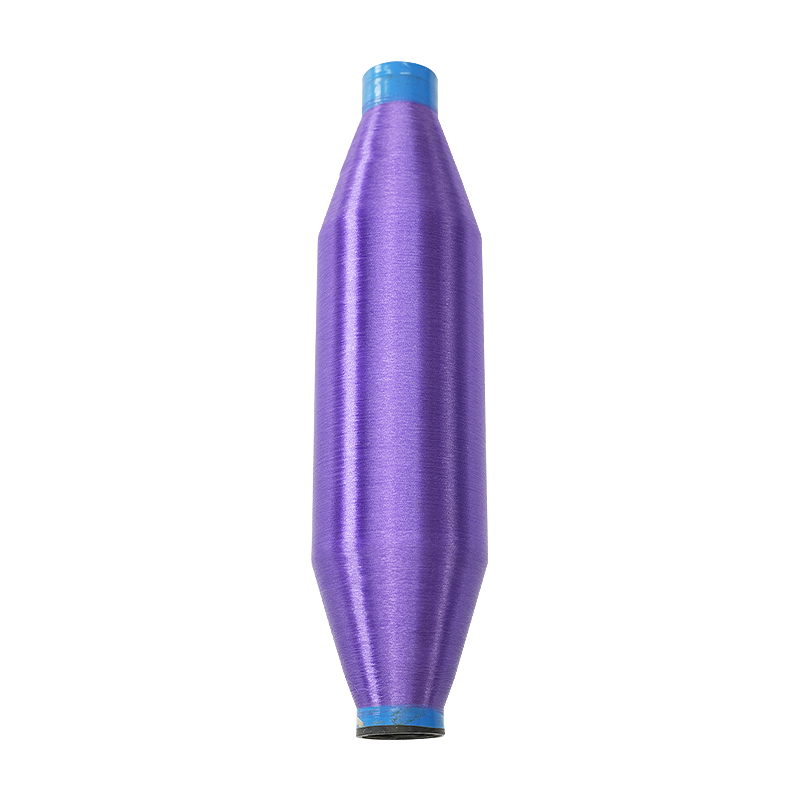
Single Strand Biodegradable Yarn is a single-strand structure, consisting of a single fiber bundle with no multiple strands tangled together. This structure makes the yarn softer, and smoother and exh...
See Details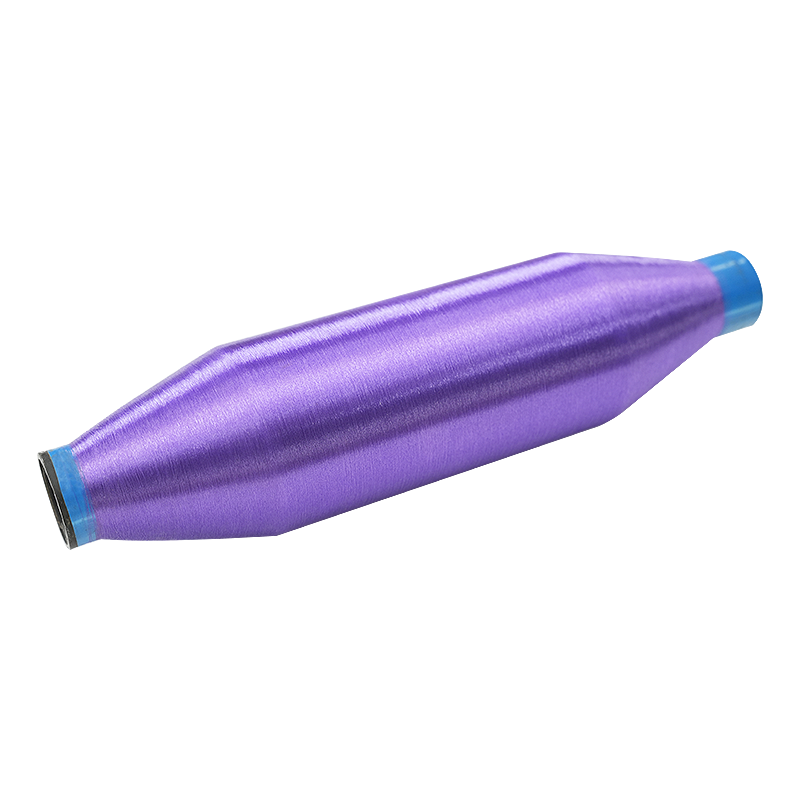
Graphene yarns can be produced by a variety of methods, including chemical vapor deposition (CVD) and wet spinning. In CVD, graphene is grown directly on a substrate, which is then removed to obtain g...
See Details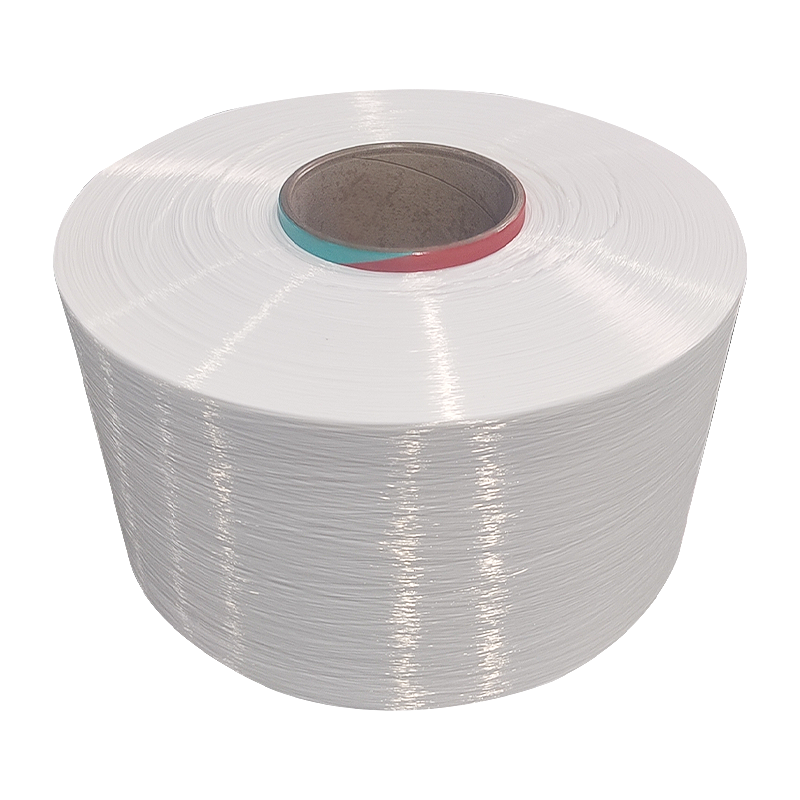
300D Nylon Mother Yarn is made of nylon material, a synthetic fiber with abrasion resistance, strength and durability. It is therefore suitable for manufacturing various types of textiles, such as clo...
See Details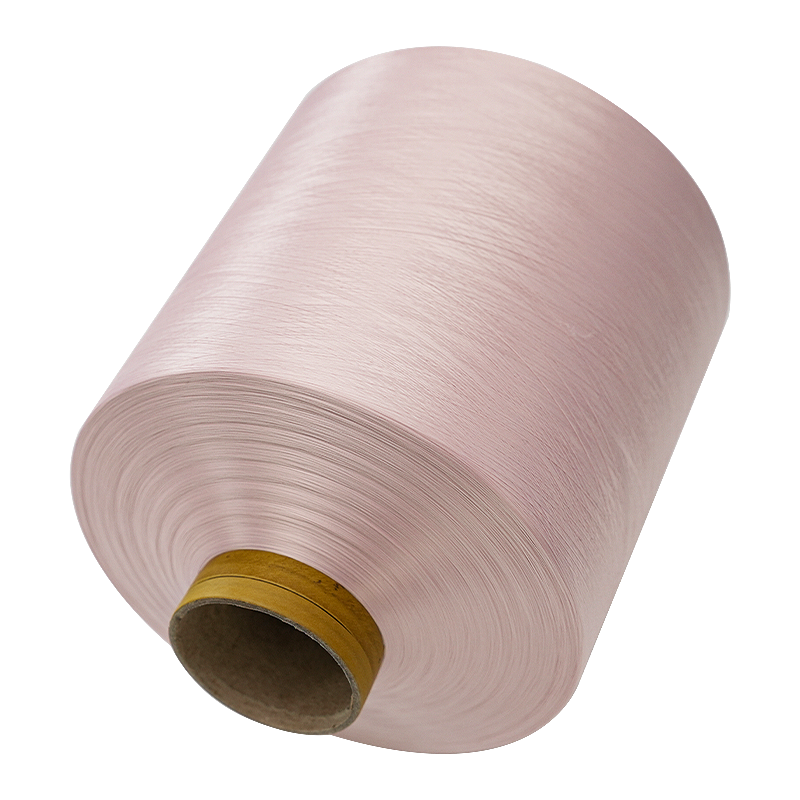
Double-strand nylon elastic yarn is a composite yarn composed of two strands of yarn. It has high strength, maintains stable performance even in a stretched state, and is not easy to break or deform. ...
See Details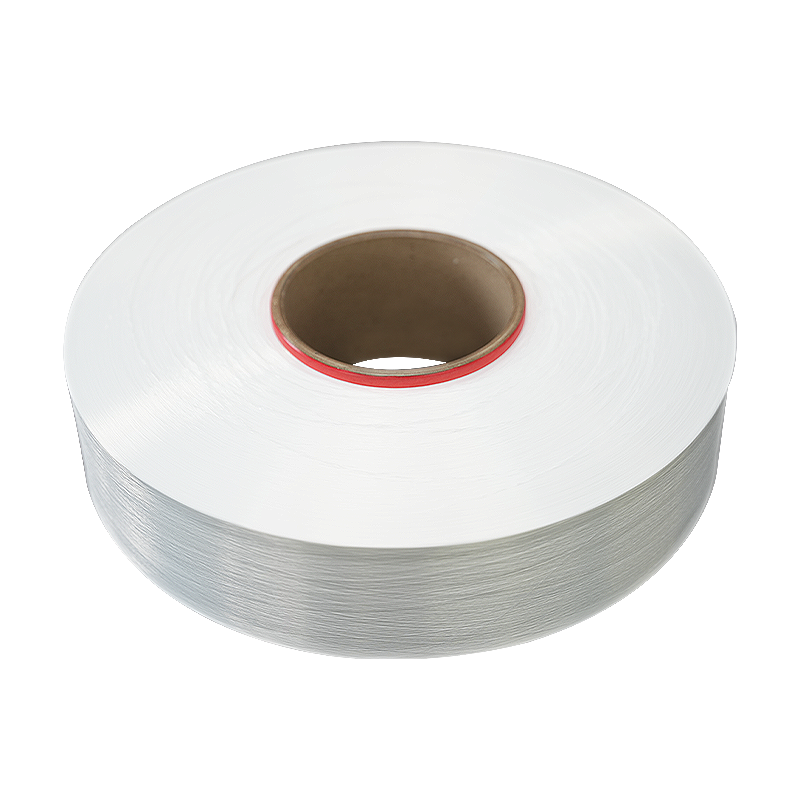
Polyester blended FDY yarn is a standard 50D yarn made from a blend of polyester and nylon. It combines the characteristics of both fibers and has durability and breathability. It has a wide range of ...
See Details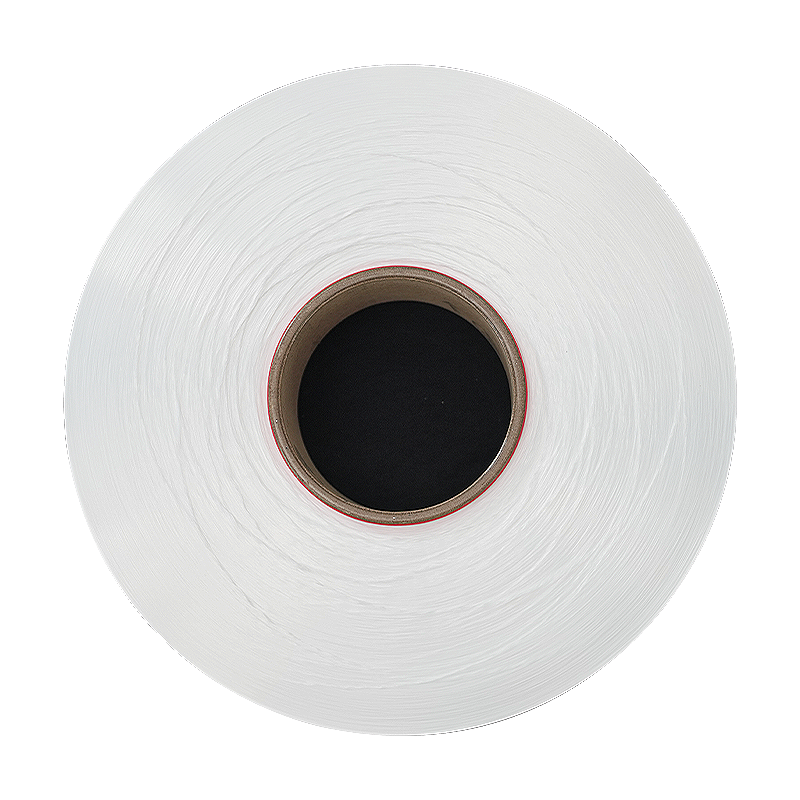
Fully stretched polyester blended yarn is made of a blend of polyester and nylon. Polyester itself has good wear resistance. After full stretch processing, the strength and softness of the yarn increa...
See Details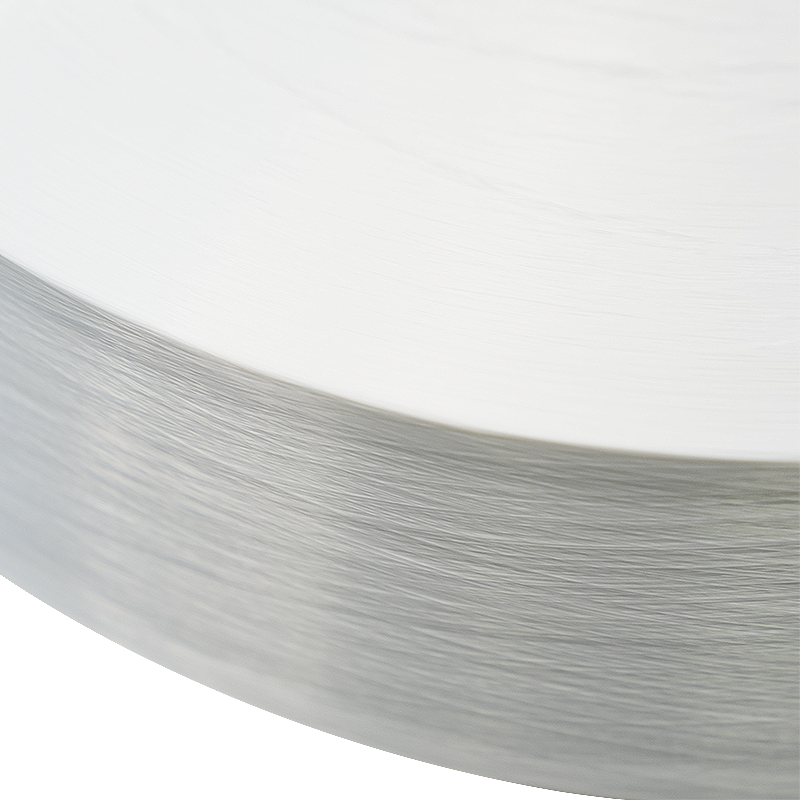
210D Polyester Nylon Composite FDY yarn is a composite fiber yarn. FDY is a mixture of polyester and nylon fibers. It combines the advantages of the two fibers, the abrasion resistance of polyester an...
See Details
Cooling brushed durable FDY yarn has high durability and is suitable for manufacturing textiles that require wear resistance and durability. It is not easy to wear out after long-term use. Textiles of...
See Details
Water-repellent blended FDY yarn has good waterproof properties. This characteristic makes Water-repellent blended FDY yarn a greater advantage when making textiles with high waterproof requirements s...
See Details
Stretch durable FDY yarn has good elasticity and can return to its original shape after being stressed, giving the textile a comfortable wearing feel and good ductility. It can fit the contours of the...
See Details
The fibers of 210D water-repellent yarn are relatively thick, making the yarn highly wear-resistant and durable, making it suitable for long-term use. Composite fiber enables yarn to have the advantag...
See DetailsAddress: Duntou industrial park, haian county, nantong city,jiangsu province ,China.
TEL: +86 15850491859
E-mail: sales-betty@hsnylon.com
If You Are Interested In Our Products, Please Consult Us